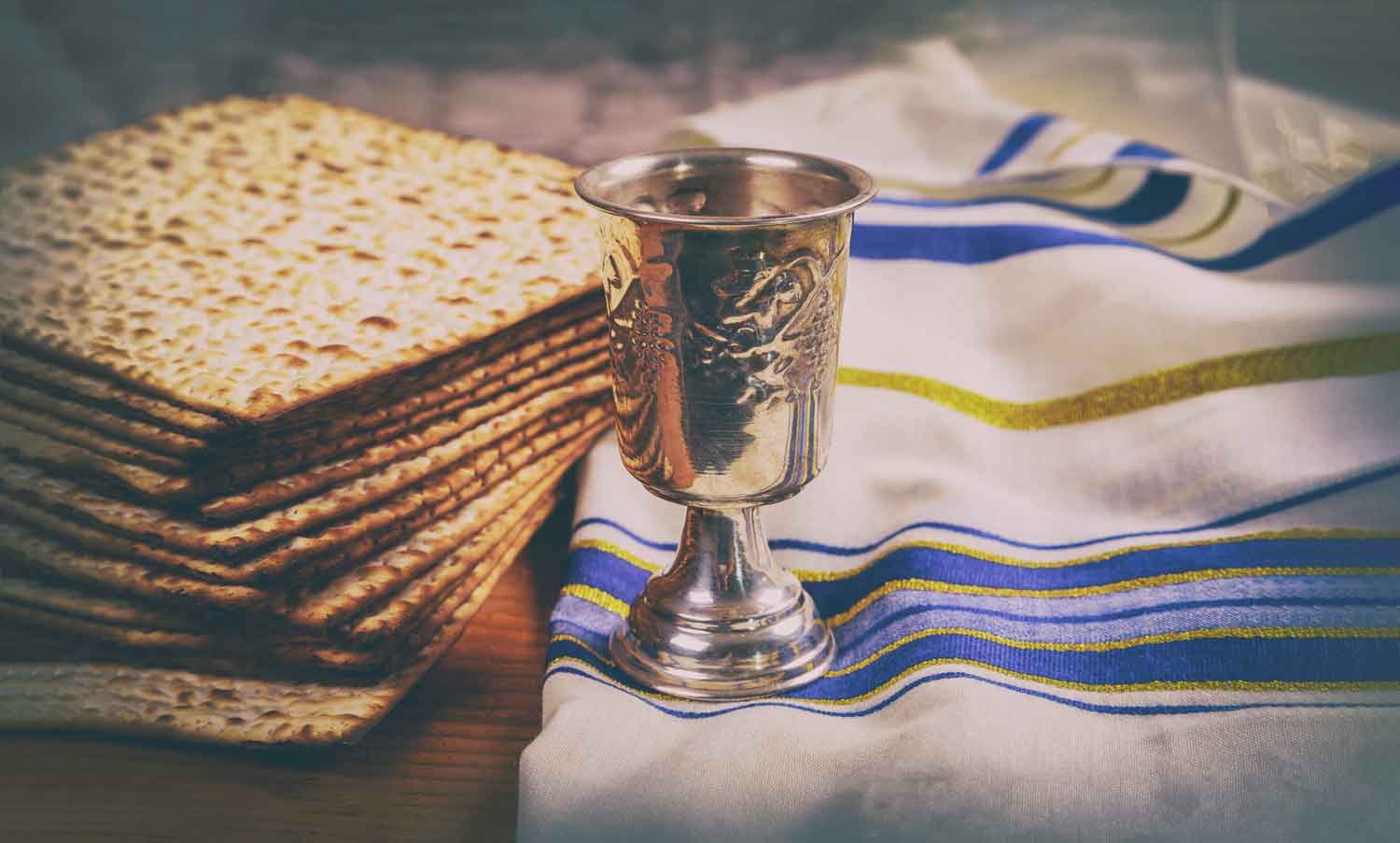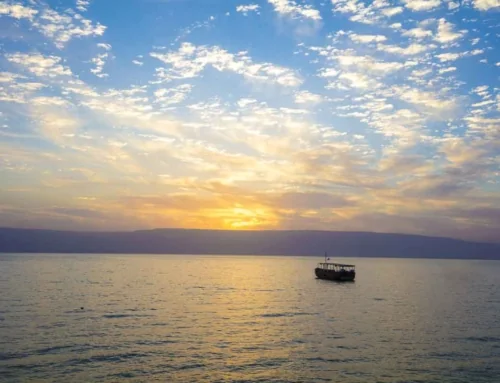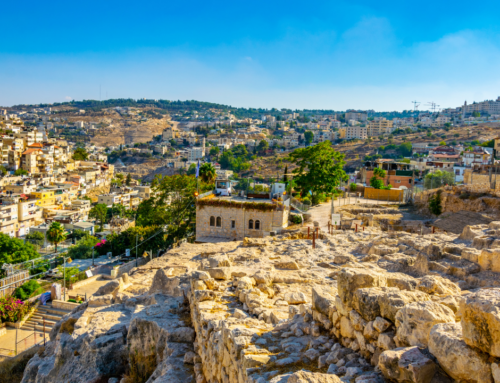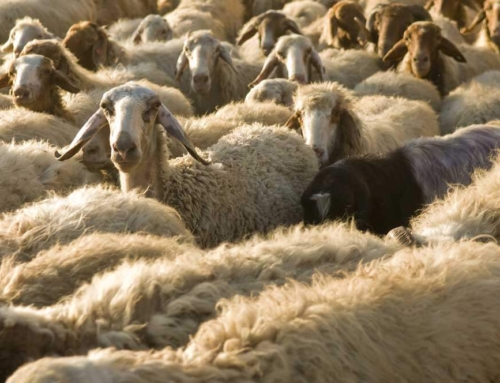Passover 2020 has been one like no other around the world, including in Israel where people were under quarantine in an attempt to limit the spread of coronavirus during what is generally a time of family gatherings and travel. It has also however been a time to truly pause and reflect on the meaning and history of the festival as the time then were not easy for those involved either and required much faith.
As Passover comes to an end we are reminded of God’s constant faithfulness, even in the most daunting of situations. Most people think of the Passover seder, which happens on the first night of the seven day festival, but there is more to the holiday.
Passover: 7 or 8 Days?
What many people don’t know is that Passover is longer outside of Israel than it is in Israel. This has to do with the Diaspora, the time when the Jewish people were scattered around the world. While they were away from Israel, they would say “Next Year, in Jerusalem!”, in hopes that they would soon be returned to their ancestral land of Israel. Due to their desire to be in Israel, they would extend many Jewish holidays to be sure that they were celebrating it at the appropriate times to honor God.
While the 1st day celebrates the passing over of the plague of the first born child, the 7th (and 8th) day is traditionally when the final escape from Pharaoh at the Red Sea is celebrated and furthermore many celebrate the coming of the “Moshiach” (Messiah). For this reason, the feast that night is called “The Feast of Moshiach”.
On the seventh day, like the first, is full holiday. No one works and some make a point to stay awake the entire night before the seventh day to study the Torah as an act of thankfulness to God for the miracle he did in freeing the Israelites from slavery in Egypt. During the morning services, the Torah and story is read again, including the song of Moses and Miriam that they sang in thankfulness after the parting of the Red Sea. This song, known as “The Song of the Sea”. It is recorded in Exodus chapter 15:1-18.
During the full 7-8 days of Passover, leavened bread and grains is not allowed to even be in possession. Once the celebration is over, many foods with yeast are enjoyed by those that have been abstaining for the last week, as you would expect!
If you want to learn more about Passover, and it’s creating a foundation for the story of Christ’s sacrifice, read our blog on it here.
Though this is certainly a strange time, we pray we see YOU “NEXT YEAR, IN JERUSALEM!”







